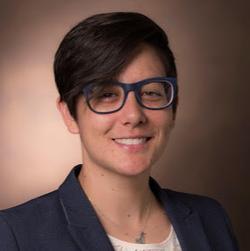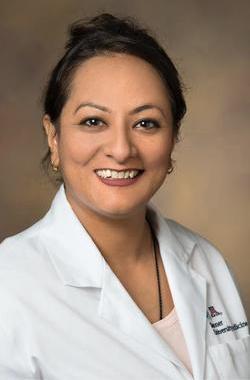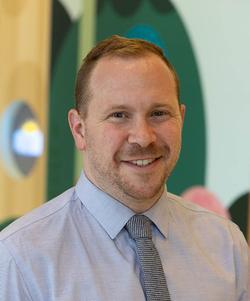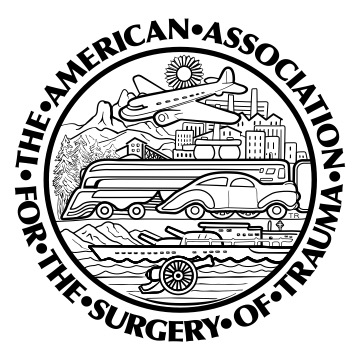Current Research Projects
2025-2026 Scholarships

Sarah Lombardo, MD, MSc
University of Utah
"Secondary Insults During Extracranial Surgery and Their Impact on Neurocognitive Recovery after Traumatic Brain Injury"
The AAST Research and Education Fund is funding three scholarships for 2025-2026. The scholarship recipients will receive their scholarship plaque at the 84th Annual Meeting of AAST & Clinical Congress of Acute Care Surgery in Boston, MA, and will present their research findings at the 85th Annual Meeting of AAST & Clinical Congress of Acute Care Surgery in Dallas, TX.
This research addresses the challenge of safely managing patients with traumatic brain injury (TBI) who require surgery for other injuries during the early post-injury period. Extracranial surgeries in trauma patients often require general anesthesia, and these events have been associated with worsened 6-month neurocognitive recovery. The incidence of intraoperative hypoxia and hypotension, occurrences known to negatively impact TBI recovery in other care settings, are poorly understood in patients with new TBI.
Using detailed surgical and physiologic data from a national database, the team aims to identify which patients are most at risk, define critical thresholds for concern, and explore ways to reduce these harmful events. This project will also prospectively follow a small group of patients over time to assess how these intraoperative events affect long-term cognitive outcomes.
The results of this work could lead to improved perioperative guidelines and better recovery for TBI patients undergoing extracranial surgery.

Tanya Anand, MD, MPH
University of Arizona
"The Impact of Aging on Glycocalyx Shedding and Metabolite Activity After Injury"
Our study aims to elucidate metabolic pathways associated with glycocalyx breakdown after injury and differentiate patterns based on age and specific injury phenotypes. This is crucial for developing targeted therapeutics and refining prognostication across the age spectrum.

Kent Garber, MD, MPH
University of California San Francisco
"Accessing Blood Bank Systems and Population Access to Blood Transfusions in Conflict-Affected Low and Middle Income Countries: Foundational Evidence from South Sudan"
Dr. Garber is investigating civilian access to blood transfusions in conflict-affected settings, with a focus on South Sudan. He is collaborating with government, UN, and NGO partners to measure barriers and gaps in the blood supply system. The project involves developing a validated tool to assess the availability and capacity for blood transfusion services at health facilities and conducting geospatial analyses to estimate population-level access. Findings will support efforts to strengthen trauma care systems in South Sudan and provide insights for improving access to blood in other conflict-affected settings.
